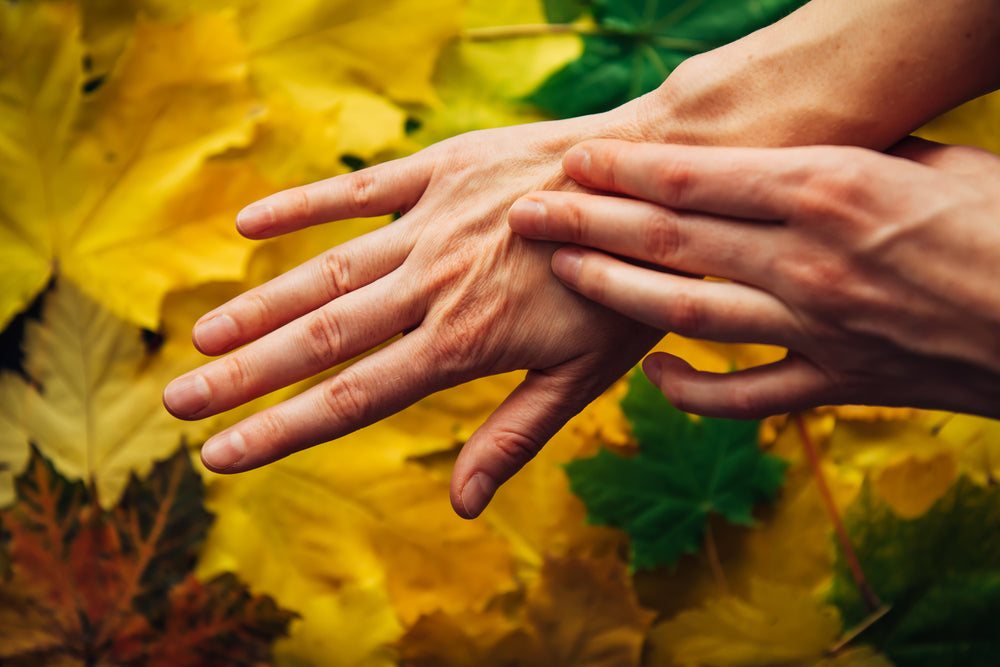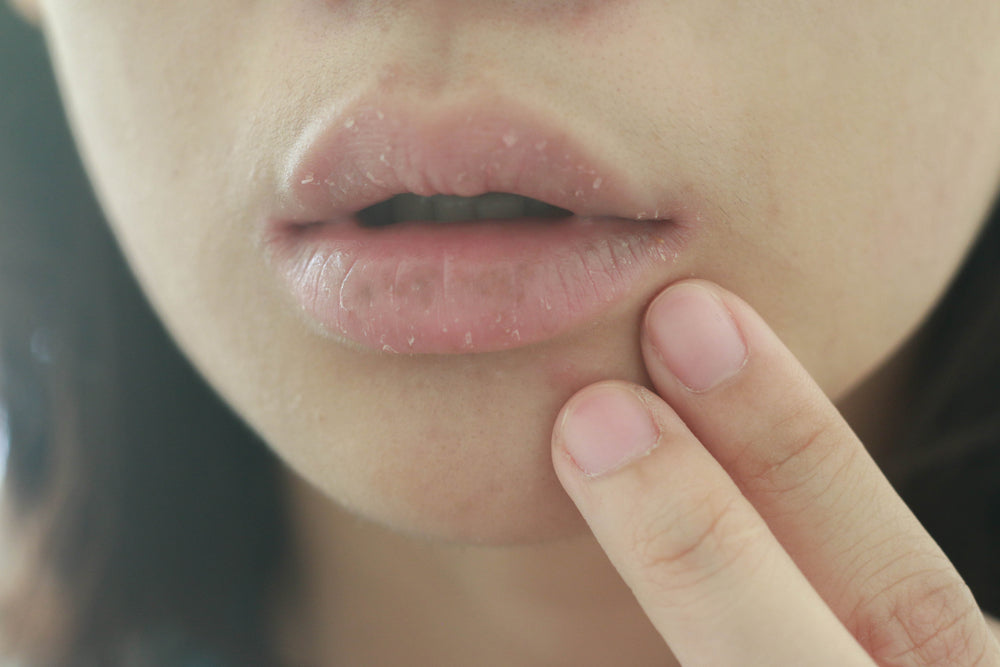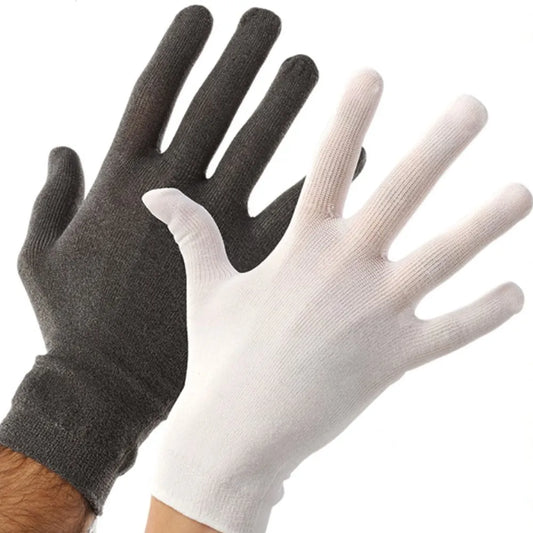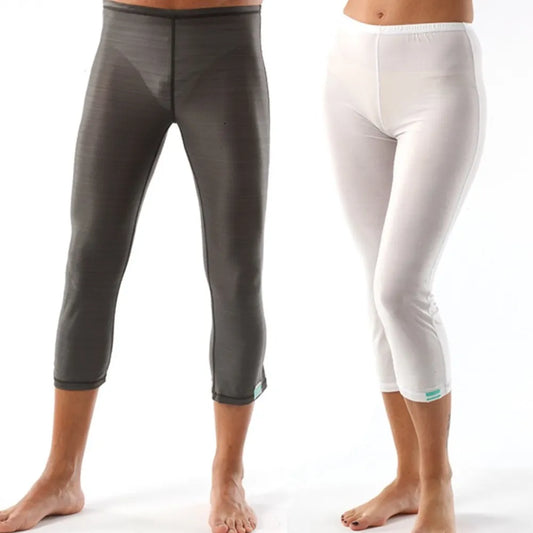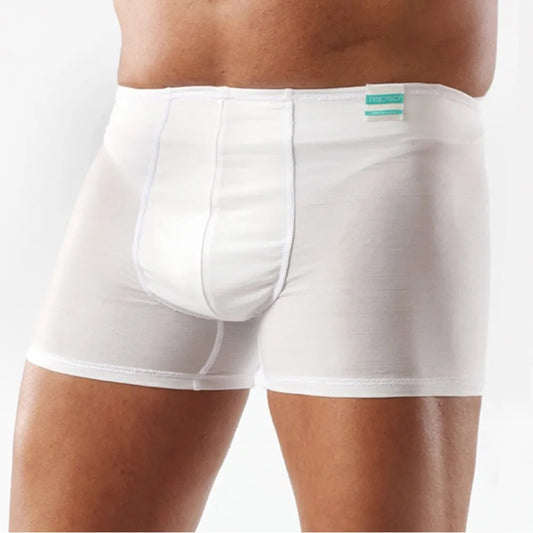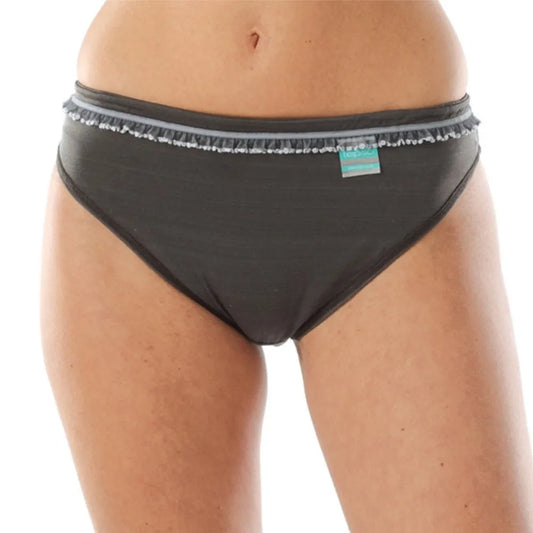The headlines:
Eating more vegetables and cutting out junk food is a fairly simple change that could make a big difference to your eczema. Eliminating specific foods including dairy, gluten, alcohol, tomatoes and citrus, can also help some eczema sufferers.
There are numerous diets and supplements recommended for eczema sufferers. Things to eat more of, things to avoid eating altogether, tablets to take, must have juicing appliances… The list goes on and on. Much of the advice seems either contradictory or too complicated, restrictive and expensive to be practical. We look at the evidence of how diet can impact eczema.
What do we really know about diet and eczema?
The scientific literature into the impact of food on health in general is limited. It’s only in the last few years that the team behind the Zoe app (made famous by its use in identifying loss of taste as a covid symptom during the pandemic) have started making big in-roads into investigating this rigorously. So it's no surprise that the research into the impact of diet and specific health conditions like eczema is controversial and inconclusive. Studies are typically too small to give more than indicative results and have typically focused on food supplements rather than overall diet. Supplementing with fish oil, vitamin D and vitamin E does seem to be associated with improvements in eczema symptoms but the studies have been too small to be conclusive1.
Regardless of lack of evidence based support, a good number of eczema sufferers try food elimination diets in an attempt to control their skin. One study found that the parents of over 70% of children referred to a dermatology consultant had modified their child’s diet in some way in an effort to improve their skin2. The majority of these dietary modifications are done without any advice or guidance for medical professionals despite the risk of these dietary changes having a negative impact on overall nutrition.
What do eczema sufferers say about diet and eczema?
A questionnaire based study carried out in association with the National Eczema Associations in the USA and Canada3 found that around 25% of respondents could control their eczema better by eliminating dairy products. Avoiding gluten, alcohol, sugar, tomatoes and eggs helped between 20 and 10% of respondents. This same study also found that adding food supplements (including probiotics, vitamin D, vitamin C, zinc or omega 3), water and vegetables to their diets helped between 10-25% of respondents.
So yes, diet can make a big difference to eczema symptoms for some people. It’s definitely worth considering what you’ve eaten when trying to track down the cause for a flare-up. If the pattern of your eczema flares makes you suspect that what you eat is aggravating your eczema, then experimenting with elimination diets may be a good option for you. If a particular food is aggravating your eczema, your skin should be noticeably better within 2-4 weeks of eliminating the offending food from your diet. If you don't see a change in that time, it's unlikely prolonging the elimination any longer will make a difference to your eczema.
If you do find that avoiding a given food is beneficial, talk to your healthcare professional about whether or not this avoidance is going to have implications for your overall well being.
I don’t have the patience for trying elimination diets, give me a simpler solution
If you don’t have the time or inclination for a major change to your diet, just reducing the junk food you eat and increasing your vegetable intake is a simple change that could have a big impact on your eczema. This is in line with the UK National Eczema Society’s recommendation to make your diet more Mediterranean.
Of respondents in the study discussed above who tried cutting out junk food, over 50% found that this intervention improved their symptoms. This is consistent with the results of large Korean study which found that eczema was 1.57 times more prevalent in those eating a more western diet, rich in instant noodles, fizzy drinks and processed meats (aka junk food), compared to those eating a more traditional diet rich in rice, vegetables and kimchi4. It’s not clear if it’s the preservatives and other chemicals associated with junk food or increased weight typically associated with a junk food rich diet that is driving this relationship.
In the same questionnaire based study, increased vegetable consumption was associated with improved eczema symptoms by nearly 50% of those respondents who tried this approach. Again it is not clear whether this improvement in symptoms was due to overall weight loss (over 80% of the respondents were overweight to some degree) or due to the direct benefit of vegetables on their eczema. Vegetables, especially green leafy vegetables, are known to contain a range of anti-inflammatory chemicals which can improve eczema symptoms.
References
- https://pubmed.ncbi.nlm.nih.gov/22336810/
- https://pubmed.ncbi.nlm.nih.gov/15214908/
- https://www.ncbi.nlm.nih.gov/pmc/articles/PMC5736303/
- https://pubmed.ncbi.nlm.nih.gov/27440696/


